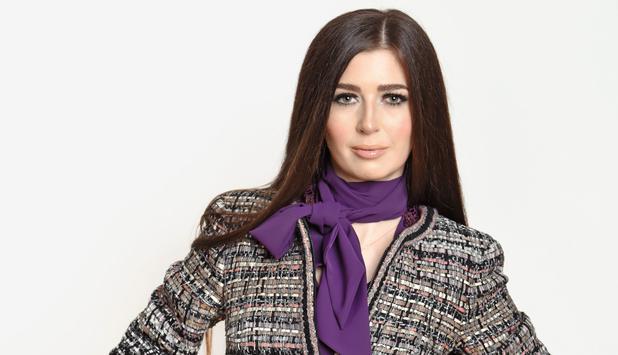Ibiza Gate: the dark side of affair

It has been two years since the “Ibiza video” led to the dramatic end of the coalition government, and with it the fall of one of Austria's most controversial politicians, Heinz-Christian Strache.
It was 6 p.m. on May 17, 2019, when the videos that would change the course of Austrian history surfaced online. Stunned journalists sat mesmerized in front of their computers that evening, hardly believing their eyes.
A visibly intoxicated and smoking HC Strache, Austrian Vice Chancellor and head of the far-right Freedom Party (FPÖ), was sitting on a sofa in a tattered T-shirt, with what appeared to be a line of cocaine on a glass table in front of him. Next to him, Johann Gudenus, a member of the Austrian national parliament and former vice-mayor of Vienna, was waving his arms and translating Russian, replacing the missing vocabulary with pistol gestures: “Glock, boom, boom.” And along with this couple, the “niece of a Russian oligarch” was vacationing at a villa in Ibiza, apparently discussing the purchase of Austria's most popular daily newspaper, the Kronen Zeitung.
By the next morning, thousands of angry demonstrators had gathered outside the Federal Chancellery in Vienna, demanding Strache's resignation. A few hours later, the stunned Vice Chancellor resigned from both his posts, apologized to his wife and went away to lick his wounds. This heralded the end of the coalition government led by Chancellor Sebastian Kurz of the center-right People's Party (ÖVP).
The “Ibiza video” scandal is still shaking up Austrian politics and society
A year later, political consultant Thomas Hofer describes the reaction to the famous “Ibiza videos” as “an expression of how some people think politics work in this country.”
“But you can't say that this is a completely unknown practice in Austria,” he adds, disagreeing with Austrian President Alexander Van der Bellen's statement, made shortly after the videos became public, that “we (Austrians) are not like that.”
The Russian connection.
“The FPÖ is catching up with the spinning of its own past decades,” says Thomas Hofer, referring to Strache's use of conspiracy theory and political intrigue to convince his followers that he is the real victim in this case.
Austrian politician Johannes Gudenus and his wife at a ball at the Vienna Opera House
Gudenus, pictured here with his wife, disappeared from the political limelight
While Strache is returning to politics, Johann Goodenus has gone into hiding. According to a former friend of the two men, Levan Pirveli, a Georgian businessman living in Austria, this friendship has now turned into a bitter feud.
Pirveli was FPÖ's main contact with Russia. It was Pirveli who took Strache to Moscow in 2009 to meet with members of the Russian Duma.
According to Pirveli, he explicitly told Gudenus that the woman who posed as “Alena Makarov,” the niece of oligarch Igor Makarov, was not who she claimed to be. The first contact between “Makarova” and Gudenus was made by Irena Markovich, a real estate agent and friend of Gudenus' future wife, Tayana, who told Gudenus that “Makarova” had expressed interest in buying the family estate owned by Gudenus.
“Makarov is an only child, he doesn't have a niece, and I told Johann,” Pirveli says of his May 2017 conversation. “But for some reason he didn't listen to me.” Pirveli speculates that Goodenus was likely blackmailed with compromising videos to agree to take Strache to a meeting in Ibiza next month.
Who exactly was behind the Ibiza video remains a mystery. But did the video change anything?
“Not enough,” says Thomas Hofer. “There were specific effects, but fundamentally nothing has changed.”
- Art
- Causes
- Crafts
- Dance
- Drinks
- Film
- Fitness
- Food
- Jeux
- Gardening
- Health
- Domicile
- Literature
- Music
- Networking
- Autre
- Party
- Religion
- Shopping
- Sports
- Theater
- Wellness
- IT, Cloud, Software and Technology


